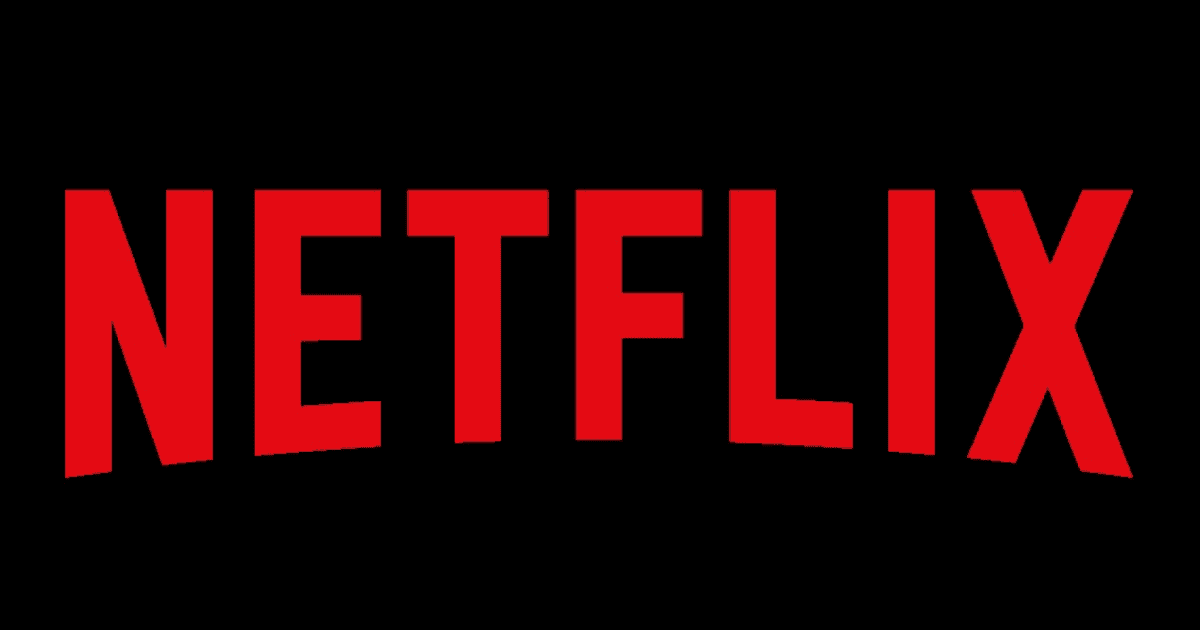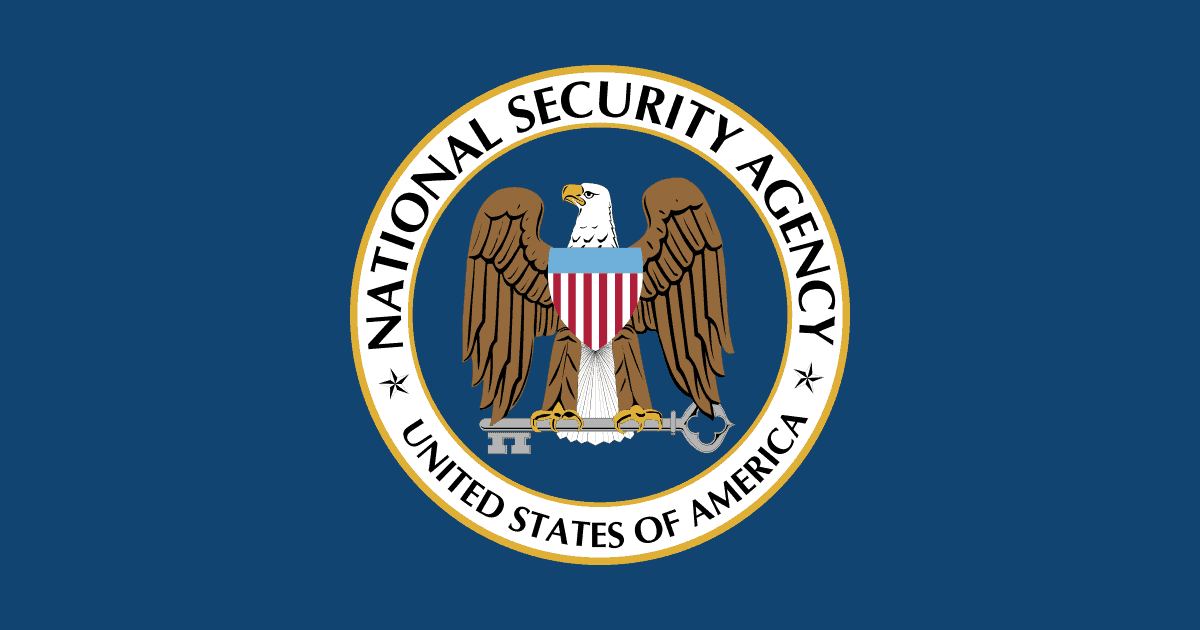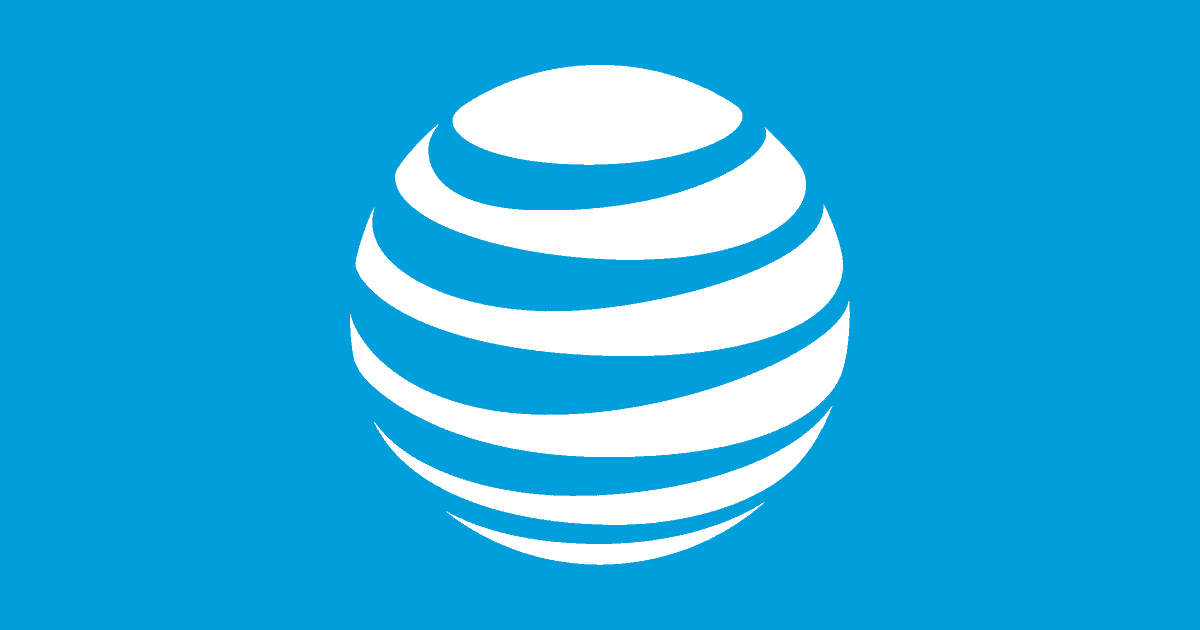Two programmers have created every possible melody in MIDI to help creators stifled by lawsuits.
Two programmer-musicians wrote every possible MIDI melody in existence to a hard drive, copyrighted the whole thing, and then released it all to the public in an attempt to stop musicians from getting sued.
Often in copyright cases for song melodies, if the artist being sued for infringement could have possibly had access to the music they’re accused of copying—even if it was something they listened to once—they can be accused of “subconsciously” infringing on the original content.
Sounds like a clever attempt to hack the system. I’m not sure if that will actually hold up in court but it’s creative.





















